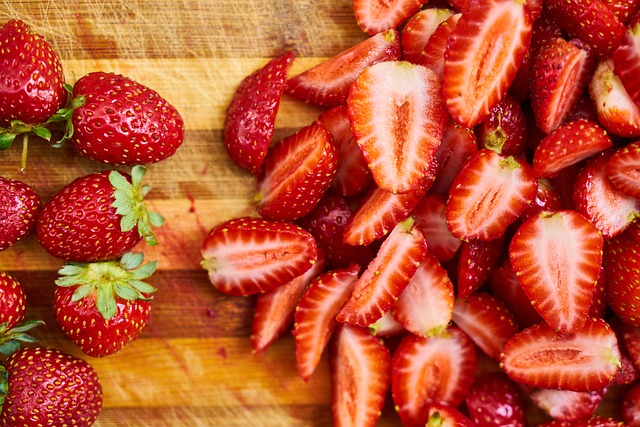Gut Health 101: Cultivating Wellness with Probiotics and Good Bacteria
Introduction
Good health starts from within, and one of the key factors in maintaining a healthy body is a well-balanced gut. Poor gut health can lead to a variety of digestive issues, as well as impact your overall well-being. Luckily, there’s a simple and natural way to cultivate a healthy gut: probiotics.
What are Probiotics?
Probiotics are live microorganisms that can provide a range of health benefits when consumed in adequate amounts. These “good bacteria” can be found in certain foods and supplements, and they work by replenishing and restoring the natural balance of bacteria in your gut.
The Role of Probiotics in Gut Health
Our gut is home to trillions of microorganisms, collectively known as the gut microbiota. These microorganisms play a crucial role in our digestion, immune system, metabolism, and nutrient absorption. When the balance of bacteria in our gut is disrupted, it can lead to inflammation, digestive disorders, and a weakened immune system.
Probiotics help promote a healthy gut environment by:
- Restoring the natural balance of good bacteria
- Inhibiting the growth of harmful bacteria
- Strengthening the gut barrier
- Enhancing nutrient absorption
- Supporting immune function
Sources of Probiotics
Now that we understand the importance of probiotics for gut health, let’s explore some common sources:
- Yogurt: Yogurt is one of the most well-known sources of probiotics. Look for varieties that contain active or live cultures, such as Lactobacillus or Bifidobacterium.
- Kefir: Similar to yogurt, kefir is a fermented milk drink that contains a combination of probiotic strains. It’s also rich in nutrients like calcium and protein.
- Sauerkraut: Sauerkraut is made from fermented cabbage and is a great source of probiotics. Look for unpasteurized or homemade sauerkraut to ensure it contains live cultures.
- Kombucha: Kombucha is a fermented tea that is naturally carbonated. It contains a variety of probiotic strains and is also a good source of antioxidants.
- Miso: Miso is a traditional Japanese seasoning made from fermented soybeans. It is commonly used in soups and provides a rich source of probiotics.
- Kimchi: Kimchi is a spicy fermented cabbage dish that originates from Korea and is packed with probiotics. It is also a great source of vitamins A and C.
Choosing the Right Probiotic Supplement
In addition to naturally occurring sources, probiotics are also available in supplement form. When choosing a probiotic supplement, it’s important to consider the following:
- Strain Diversity: Look for a supplement that contains a variety of probiotic strains. Different strains have different functions and can target specific health concerns.
- CFU Count: CFU stands for colony forming units, which indicates the number of viable bacteria in each dose. Make sure the supplement provides an adequate CFU count for maximum effectiveness.
- Reputable Brand: Choose a supplement from a reputable brand that follows Good Manufacturing Practices (GMP) to ensure quality and safety.
- Storage and Expiry: Check the recommended storage conditions and expiration date of the supplement to ensure its potency.
Conclusion
Probiotics are a natural and effective way to improve gut health. By incorporating probiotic-rich foods or supplements into your diet, you can support a healthy gut microbiota and enjoy better digestion, a stronger immune system, and overall wellness.
Remember, always consult with a healthcare professional, especially if you have any underlying health conditions, before starting any new supplements or making significant changes to your diet.







